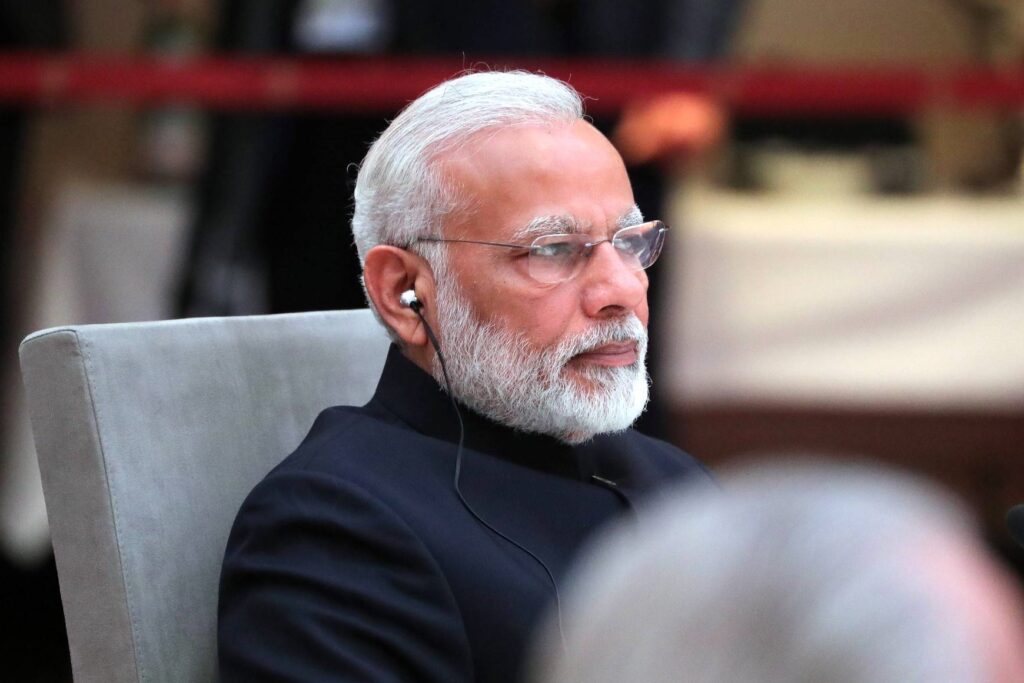Indian Prime Minister Narendra Modi has vowed to track down and punish those responsible for the deadly attack in Kashmir that killed 26 people. He made a strong statement during a rally in Bihar, sending a clear message that terrorism will not shake India’s unity. Modi called for calm but also urged for national strength, stating that every terrorist and their supporters will face justice.
Modi Sends a Strong Message to Terrorists
Modi’s address came just hours after the tragic killings in Pahalgam, a popular tourist town in Jammu and Kashmir. A group of armed attackers opened fire on civilians, leaving 26 dead and many injured. Most of the victims were tourists, which has intensified public outrage and international concern.
“We will not forget. We will not forgive. Those behind this brutal act will be hunted down, even if they hide across the globe,” Modi said to a cheering crowd. He stressed that India will never bow to terrorism and will respond with firmness and clarity.
All-Party Meeting and National Resolve
Narendra Modi also announced that an all-party meeting would be held to brief opposition leaders. The goal is to unite all political parties in this time of crisis and to show that India stands together when national security is at stake.
“Our enemies should see our unity as our strength. No matter our political views, we stand as one nation against terrorism,” he said.
The Resistance Front Claims Responsibility
A group calling itself The Resistance Front claimed responsibility for the attack on Telegram. The message stated that the attack was aimed at people they called “outsiders” trying to settle illegally in Kashmir.
Indian security officials have dismissed the group as a shadow organization of Lashkar-e-Taiba (LeT), a known terror group based in Pakistan. They believe the real masterminds are in Pakistan and use groups like The Resistance Front to hide their involvement.
India Points Finger at Pakistan
The Indian government wasted no time in pointing to Pakistan for supporting cross-border terrorism. Officials in New Delhi said that groups operating from Pakistani soil continue to plan attacks in Kashmir and across India.
In response, India has taken several steps:
- Suspended a key water-sharing pact with Pakistan.
- Closed the main border crossing between the two nations.
- Downgraded diplomatic ties and recalled several officials.
These moves signal a serious escalation and show that India is ready to respond strongly, not only with words but with action.
Calls for Retaliation Grow Louder
Members of Modi’s Bharatiya Janata Party (BJP) are calling for direct military action against terror camps in Pakistan. They say India should show zero tolerance and make an example out of the attackers.
Indian media outlets are echoing these demands. Many newspapers and TV channels have called for a “measured but powerful” response. The public mood is one of anger and grief, especially because many of the victims were women and children.
Pakistan Responds With Denial and Warnings
Pakistan has denied all involvement in the Kashmir killings. Foreign Minister Ishaq Dar said India’s accusations are false and reckless. He warned that if India chooses military action, Pakistan will respond in kind.
Dar called for an emergency meeting of Pakistan’s National Security Committee, which includes top military and civilian leaders. He also asked the international community to step in and help calm tensions before they escalate further.
Fear of Renewed Violence in Kashmir
This attack threatens to undo years of work in Kashmir. Since 2019, India has tried to bring peace through development and better infrastructure. Tourism had started to pick up, and new projects were underway to connect Kashmir more closely with the rest of the country.
Now, fear is spreading once again. Local businesses are closing early, security has been tightened, and people are worried about what comes next.
Global Reactions and Support for India
Several countries have expressed support for India. The United States, United Kingdom, France, and Japan all condemned the attack. They also backed India’s right to defend itself and offered help in tracking down the culprits.
The United Nations issued a statement urging both India and Pakistan to show restraint. But many believe that international sympathy will only go so far and that India will likely take further steps on its own.
Prime Minister Modi’s response to the Kashmir killings has been firm and passionate. His promise to bring the attackers to justice reflects the mood of the country. With tensions rising between India and Pakistan, the situation remains fragile. Yet one thing is clear: India is standing strong and united in the face of terror.


